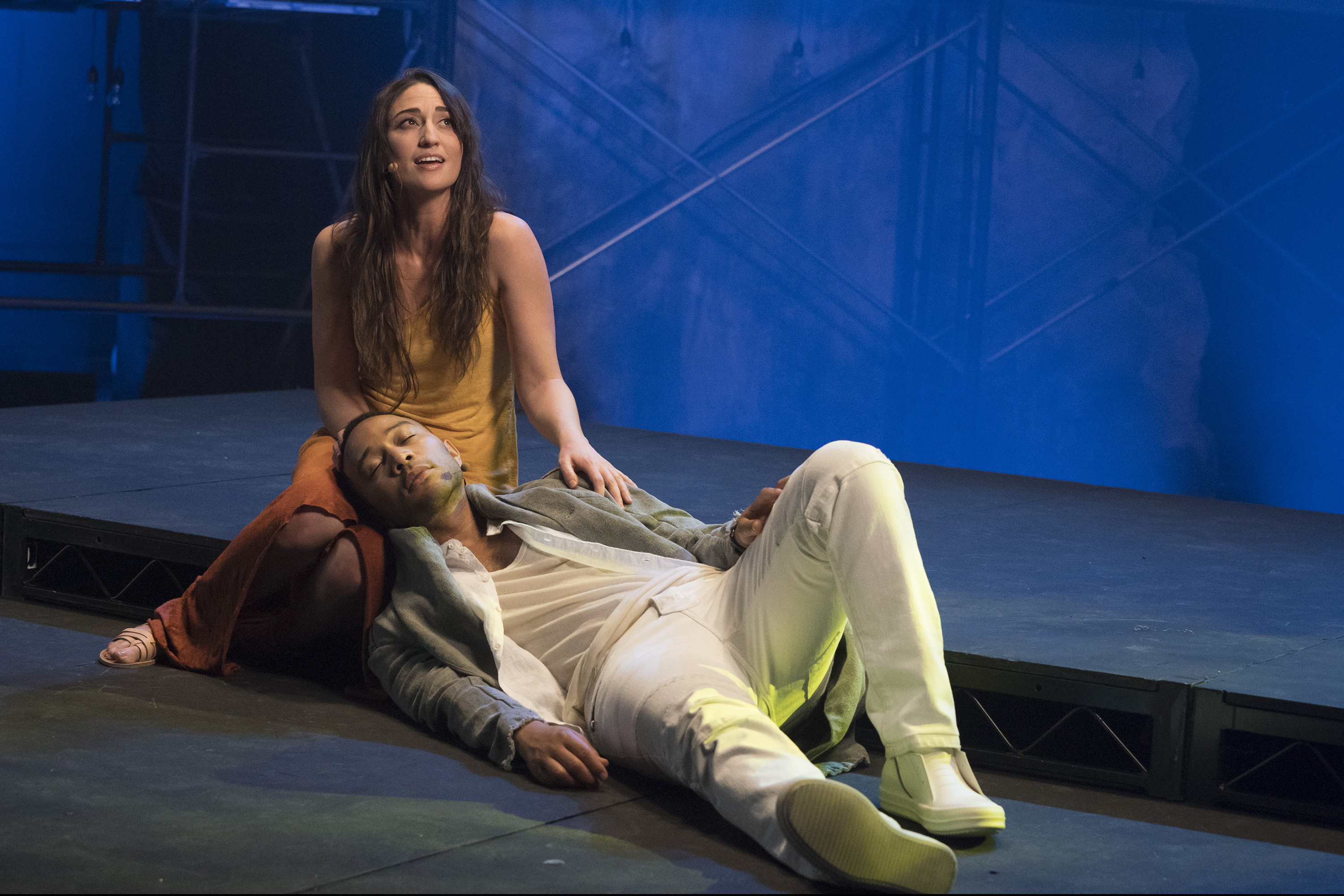Luke Evans’s John Moore is also on the run from a broken heart in TNT’s The Alienist.
Luke Evans is no stranger to playing dashing leading men, but his portrayal of John Moore in TNT’s The Alienist has a darker twist to it. The limited series doesn’t shy away when it comes to showing violence and suspense, but it also showcases the turmoil in the heart of Evans’ John Moore.
After Moore’s fiance leaves him for another man, he turns to the bottle and frequents brothels to lessen his pain. When his college friend, Dr. Laszlo Kreizler, enlists him to help catch a serial killer, Moore is faced with the seedy underbelly of New York City that he only used to flirt with. Evans has been on a strong streak of feature films in the last few years, but his performance in this limited series is one of his most controlled and layered to date.
You haven’t done TV other than The Great Train Robbery in 2013. What made you want to join The Alienist?
Television has come quite a long way—especially American television. It’s really gone through the roof in the last few years. I got to meet the director and read the book and quite a few of the scripts. I was truly taken by the idea of 10 hours—that’s so much time. To spend that much time shooting with a character and getting into his skin was definitely something to look forward to.
I love the relationship between John Moore and Laszlo Kreizler. Did you and Daniel have a lot of conversation about how to maintain that relationship?
We did some rehearsals together, but, honestly, it grew organically. Daniel’s character can be very difficult, and that was easy to play off of. Laszlo is very cerebral, so playing an emotional character opposite that was

interesting. When the first few episodes aired, people on social media would say, “Oh, poor John! How does he put up with it!” Even though they are very different, the friendship is so deep that there is a mutual respect for each other.
And, I have to say, I love that moment at the end when he gives you the ring. I thought that was really lovely.
That ending was nice—it needed to be there. John is a romantic and he knows how important that means when Laszlo lost his loved one. And with Sara, it showed how John was really willing to wait for that to happen.
When I spoke with Daniel and Dakota, they were telling me about how their costumes influenced their physicality and movement. John doesn’t have a specific physical ailment, but how did Michael Kaplan’s costuming change your character?
Honestly, when you put on those costumes, your physicality totally changes. The way you walk the way you stand—it really informed me quite a lot. The breastplates in the tuxedos are really rock hard, so that changed everything. Everything from how I stood up to how I crossed to another character during a scene.
John is an illustrator, and I was curious if you did any of the drawings yourself.
Actually, yes. I had a tutor in Budapest who came to my house to teach me. I wanted to know how a person would use charcoal. I wanted to feel it in my hand and use my fingers and smudge it on the page. I put some finishing touches on some of the drawings that are used in the show.

You get to act opposite the young actor, Jackson Gann, in a lot of scenes.
He’s great isn’t he?
He’s fantastic. Your scenes together are so great because it’s unlike anything else that’s on the show. When you are acting opposite someone at such a young age with such mature content, how do you navigate that?
I’ve worked with kids a good bit. In The Hobbit, my character had 3 kids—one was 14 and the other were 12. I’m a big kid myself, but he’s a very mature young man. It’s a very hard part for someone that age—playing a child prostitute and having to dress in girls’ clothes. By the third episode in, he was the character and I just had to react to him as my character. I’m very proud of him.
To be honest, when the season started, I thought John Moore was going to be a traditional romantic lead. And, of course, he is, but he’s also very sad and troubled. What that juxtaposition appealing?
I really like John. He’s a damaged soul. He’s lonely and really wants to be happy. His friend Laszlo has found a purpose with his institute and his work has made a real difference with young people and children, but John has failed quite miserably. He’s not the same man at the end of the series—he’s very different from the man we meet in episode one. From obscurity he finds clarity. Where he’s going from here, I don’t know.
I really have to say that I love where your career is right now.
Oh wow, thank you. That’s sweet.
I am a huge fan of Professor Marston and the Wonder Women–I don’t think that got a fair shake at the box office. Girl on the Train is targeted to adults, and John Moore’s sexual practices at the brothel are mentioned in conversations with Kreizler. Were you seeking out roles that appealed to a more adult audience?
When picking and choosing roles, I need to find diversity in the roles I play. I really don’t want to play the same type of character over and over. I need to push myself and change, and John Moore is quite different in many respects. After filming Beauty and the Beast, I really wanted to do something deep.
The Alienist is available now online.
















![2025 Oscars: Can a Late-Breaker Still Win Best Picture? [POLL]](https://www.awardsdaily.com/wp-content/uploads/2024/10/gladiator-350x250.jpg)
